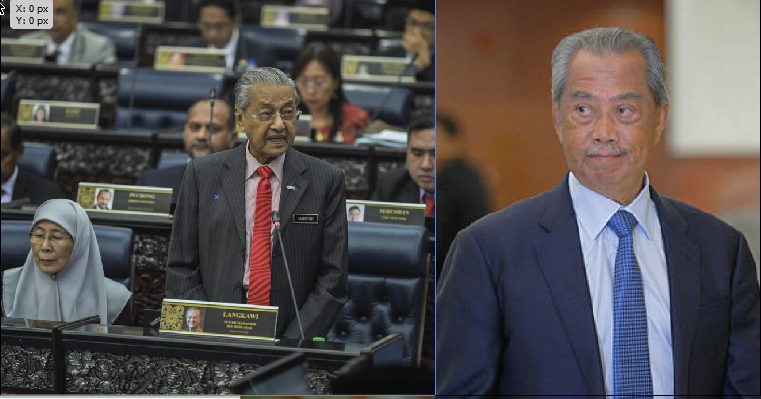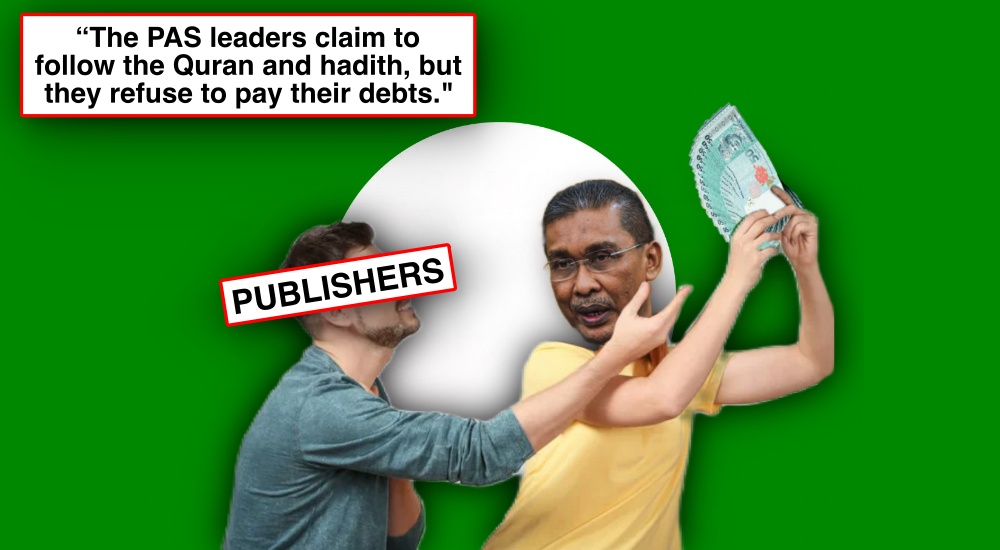Abdul Hadi was made Malaysia’s special envoy to the Middle East, but… what does that mean?

- 516Shares
- Facebook487
- Twitter4
- LinkedIn6
- Email7
- WhatsApp12
With the MCO entering its third phase, we’re sure that all everyone could think about is the coronavirus and how much longer this pandemic would last. Everything seems to be put on hold for the time being: even Najib’s trial had been postponed until the MCO ends.
But apparently not everything can wait. About two weeks ago, it was announced that Datuk Seri Abdul Hadi Awang, which you might recognize as PAS’s president, had been appointed as the Prime Minister’s special envoy to the Middle East in early April. The appointment, which was announced by a statement from the Prime Minister’s Office, also gave Hadi a ministerial rank.
This sudden appointment, done in the middle of a global health crisis, had invited criticism from some people, but everyday people who don’t see special envoys every day might be wondering: Does this mean that Hadi just became a minister? Why do we need Hadi to be a special envoy to the Middle East now? Didn’t we already have ambassadors there? Actually, are special envoys and ambassadors the same thing?
Well, these are some of the questions we will attempt to answer in today’s article, starting with that last one. As it turns out…
Special envoys are diplomats like ambassadors, but… ‘special’
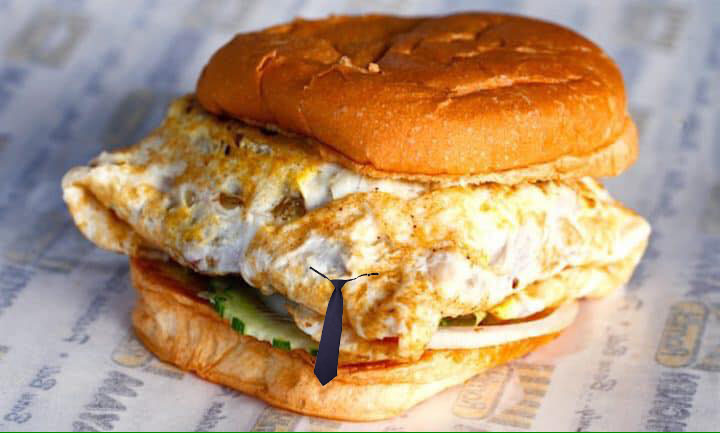
So what are special envoys, exactly? While the press statement from the PMO didn’t say much else, reports on Malaysia’s previous special envoys seem to imply that their functions have something to do with diplomacy and strengthening Malaysia’s relations with other countries. A post on Hadi’s Facebook page about the appointment seem to support this, saying that he will help the government “lead the agenda of unity and universal peace“.
This definition would roughly put special envoys in the ‘diplomat’ job class, which are people appointed by governments and certain organizations (like the United Nations) to represent them in other countries. And just like how RPGs have warrior, gladiator, berserker and a host of other names for essentially the same job class, diplomats can go by a number of names, with slightly different functions.
Each country may have slightly different names for their diplomats, and for Malaysia, the Foreign Ministry’s website lists down several names and ranks for our diplomats like ambassadors, high commissioners, permanent representatives, consuls, and charge d’affaires, to name a few.
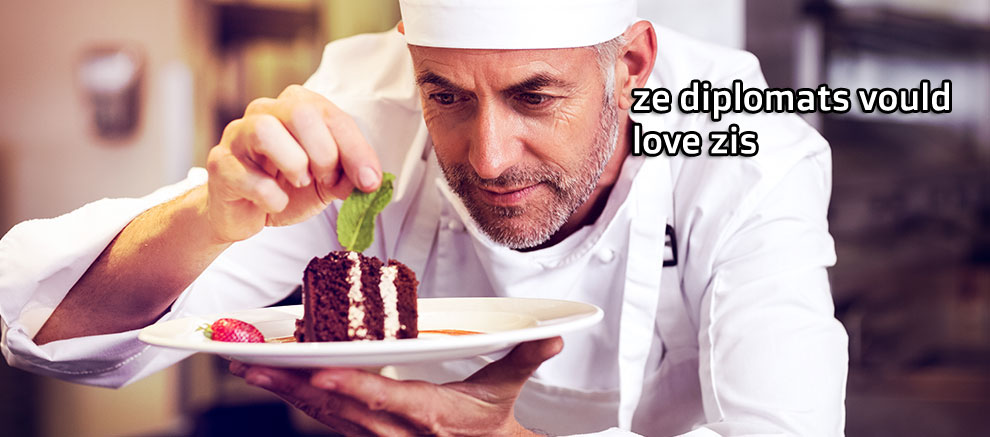
The difference between these seem to be where the diplomats are accredited (placed). For the high rankers,
- high commissioners are placed in high commissions in Commonwealth countries,
- permanent representatives are placed in international organizations, and
- ambassadors are placed in embassies for most other places.
In some countries, the government may also place one or more consul generals in addition to high commissioners and ambassadors. So where do special envoys go? Well, special envoys aren’t exactly listed in the foreign ministry’s website, as like Hadi, they may be appointed directly by the Prime Minister instead. For special envoys with ministerial rank, it would mean that Hadi would have about as much power as a minister, which should rank him higher than the ambassadors and high commissioners.
It should be noted that the Foreign Ministry’s website mentioned that Malaysia has 66 embassies and 18 high commissions, and based on a Wikipedia check, at least 12 of these are placed in Middle East countries. So why does the government need to appoint an extra diplomat over there? Well, judging by past appointments…
Special envoys usually have a specific duty to attend to
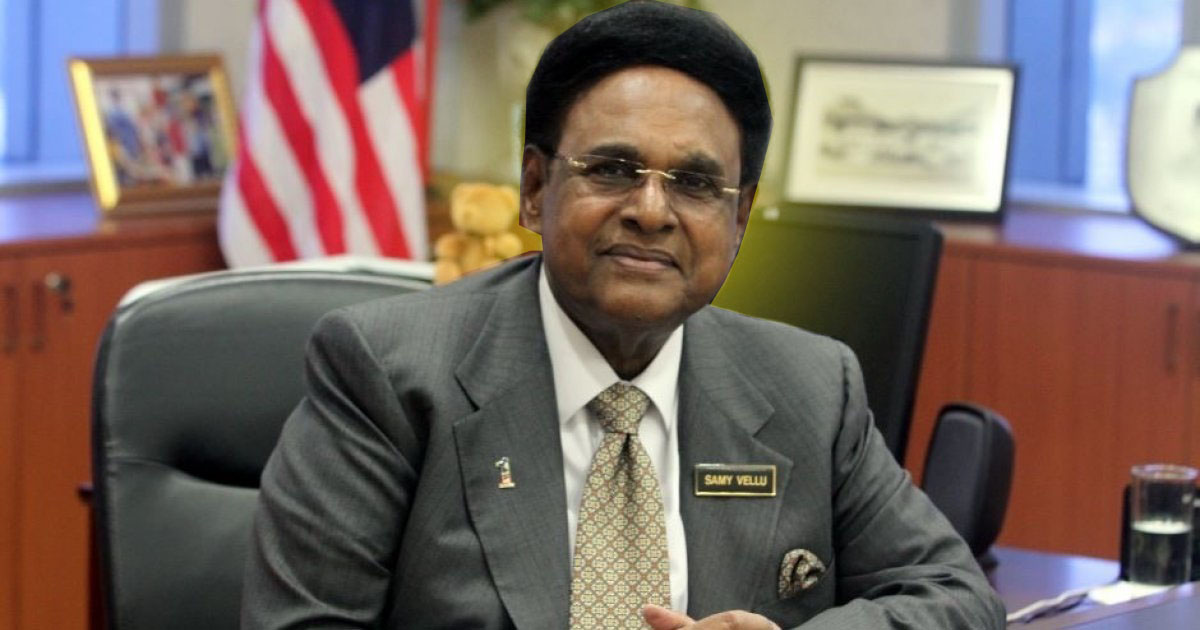
Due to their ‘special’ nature, it seems that special envoys are appointed as needed instead of to fill a position. For example, in 2011, former MIC president Datuk Seri S Samy Vellu was appointed as Malaysia’s special envoy of infrastructure to India and Southern Asia, to try and get projects for Malaysian companies. That made his function different from Malaysian ambassadors already in the region.
“The job scope of the envoy does not clash with other Malaysian officials in South Asia as his responsibility is only to identify infrastructure projects in the fast-growing region that Malaysian companies can venture into in accordance with local laws and regulations,” – Nazri Abdul Aziz, former minister in Prime Minister’s Department, as reported by The Star.
In 2017, Tan Sri Khalid Abu Bakar, former Inspector General of Police (IGP), was also appointed as a special envoy, but his scope was combating terrorism, extremism and human trafficking. The appointment came barely a day after he resigned as the IGP, and according to Najib Razak, then Prime Minister, his role as special envoy was to boost ties and cooperation between Malaysia and the international community in the three areas within his scope.
Another notable example was Tan Sri Ong Ka Ting, who was made Malaysia’s special envoy to China in 2011. Ong was entrusted with improving the bilateral ties between Malaysia and China, and during his tenure, he had been instrumental in several big Chinese projects in Malaysia. There are probably more examples of special envoys, but these are perhaps the most famous ones.
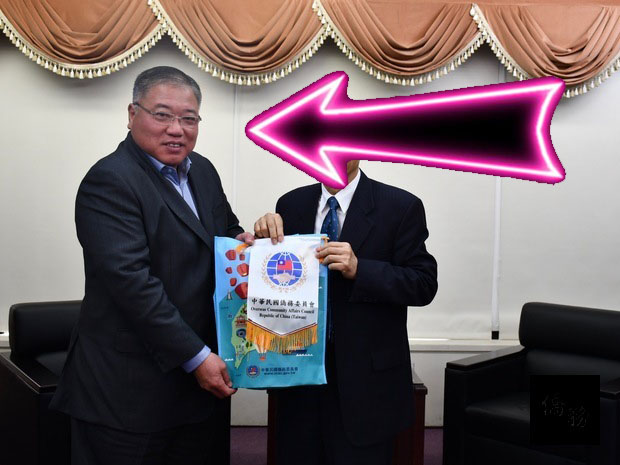
While the function of some special envoys can easily be justified, there is a certain sense of suspicion towards special envoys in general due to them being political appointees, and most having the power of full ministers. Which is perhaps why when Pakatan Harapan took over in 2018, they had terminated the services of these special envoys and discontinued their positions.
The reason for this wasn’t explicitly reported, although Pakatan leaders have been said to criticize such appointments before coming into power, supposedly saying that it’s not proper for political appointees to hold diplomatic posts, and that special envoys are redundant and a waste of funds. It should be noted that Pakatan had also appointed at least one special envoy when in power, although they didn’t gave him ministerial power.
Regardless of who said or did what, by now you should have a rough idea on what special envoys do, so you might be wondering…
Okay, so what is Hadi supposed to do as a special envoy?
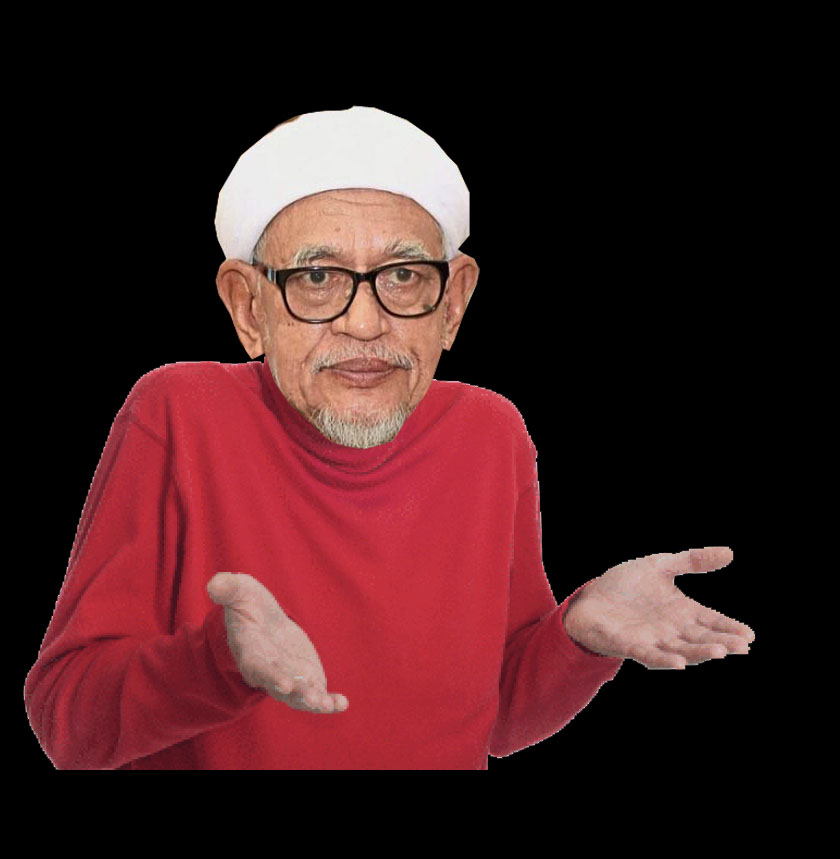
While we more or less know for what the previous special envoys were appointed through press statements and news reports, there’s still not much being revealed about Hadi’s appointment, even after two weeks of the announcement. The single press statement from the PMO only revealed Hadi’s merits for the position – among other things, he has a degree in Shariah and a Masters in Political Science, and was listed as among the world’s 500 most influential Muslims – but not the purpose he was appointed for.
The unclear nature of the appointment, plus it being done while the country is facing a global health crisis, invited much criticism from several quarters. Some have theorized that Hadi was appointed to appease PAS members, although Takiyuddin Hassan, PAS’s secretary-general, had denied that.
“PAS, especially our president, had never asked for posts or positions in the government, but is ready to serve wherever to strengthen and ensure the stability of the government led by the Prime Minister.” – Takiyuddin Hassan, translated from FMT.
Datuk Tuan Ibrahim Tuan Man, PAS’s deputy president, had implied that Hadi’s appointment may be to open the door for Middle East trade.
“I think this is one of the first steps towards accessing government-level discussions to boost investment and attract investors from the Middle East to our country. For example, if we have problems involving the sale of palm oil and so on, we try to find markets in the countries in the region.” – Tuan Ibrahim Tuan Man, as reported by Malay Mail.
While trade abilities were not among the qualities of Hadi listed in the PMO statement, it would seem that Malaysia does have plans to expand its palm oil market to the Middle East and North Africa, to reduce our dependence on India. But before any trade could happen, there might also be a need for Malaysia to repair some ties that might be dented by a certain summit that happened last year.
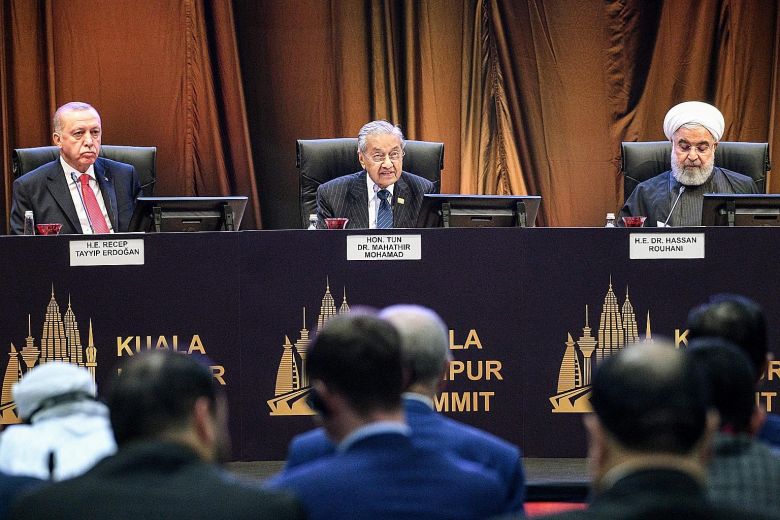
Regardless of why or whether or not we need a special envoy to the Middle East, Hadi, with his familiarity with the language and culture of the Middle East, might not be that bad of a choice. Still, the circumstances of the appointment, the lack of information released to the public, and PAS recently saying that all MPs without government positions will lead GLCs…
“PAS has 18 MPs, eight are ministers and deputy ministers, one has been made the prime minister’s special envoy to the Middle East. This leaves nine more MPs. Alhamdulillah, I understand all government MPs will be given the responsibility to manage GLCs. This is because all of them are qualified. They are MPs,” – Takiyuddin Hassan, as reported by MalaysiaKini.
…they all add up to some very worrying questions with no proper answers. Despite the coronavirus taking up everybody’s attention, perhaps it would be best for the government to spend some time in clarifying things, because there will be some hard explaining to do once the pandemic is over.
- 516Shares
- Facebook487
- Twitter4
- LinkedIn6
- Email7
- WhatsApp12

